AI decisioning is transforming how decisions are made across various sectors. It leverages artificial intelligence to automate and enhance decision-making processes. This technology is particularly impactful in healthcare, where it can improve patient outcomes.
AI decision-making in healthcare provides data-driven insights and personalized treatment plans. It reduces human error and increases efficiency. AI decision making platforms integrate machine learning to analyze large datasets and offer actionable insights.
The adoption is growing rapidly. It is not just limited to healthcare but extends to finance, logistics, and more. Understanding AI decisioning is crucial for anyone interested in the future of decision-making.
What is AI Decisioning?
AI decisioning involves using artificial intelligence to enhance the decision-making process. It automates complex decisions by analyzing vast amounts of data. This technology helps organizations make more informed decisions faster.
The core of AI decisioning lies in its ability to learn from data. It uses algorithms to identify patterns and trends. These insights form the basis of data-driven decisions. This capability allows for a higher level of accuracy compared to traditional methods.
AI decisioning brings several advantages to the table:
- Reduces human error
- Enhances efficiency
- Delivers personalized insights
Adoption of AI decisioning continues to expand across various industries. While initially prominent in tech, it's now crucial in healthcare, finance, and logistics. AI decisioning is not just about automating processes; it's about augmenting human capabilities. It allows professionals to focus on strategic tasks by handling routine decisions. This shift is helping businesses stay competitive in an increasingly data-driven world.
How AI Decisioning Works
AI decisioning relies on sophisticated algorithms to process and interpret data. These algorithms include machine learning models that continuously learn and adapt. They analyze complex datasets to uncover actionable insights.
The process begins with data collection from diverse sources. Once collected, this data is cleaned and organized. This ensures the accuracy and reliability of the insights generated. The algorithms then run analyses to detect patterns and predict outcomes.
Key steps involved in AI decisioning include:
- Data collection and pre-processing
- Training machine learning models
- Testing and validation of models
- Deployment for decision-making
This methodology allows for proactive decision-making. Organizations can anticipate changes and respond effectively. Moreover, AI decisioning supports real-time analysis, ensuring timely and relevant recommendations. With this approach, decision-makers benefit from evidence-based insights, enhancing their strategic capabilities.
Key Benefits of AI Decisioning
AI decisioning offers numerous advantages across various industries. It boosts efficiency by automating routine tasks, freeing up valuable human resources. This automation leads to faster decision-making processes and enhanced productivity.
Another major benefit is the reduction of human error. By relying on data-driven insights, organizations can minimize mistakes. This improves the accuracy and consistency of outcomes, which is vital for critical sectors like healthcare.
Some key benefits of AI decisioning include:
- Enhanced efficiency and productivity
- Reduced human error and improved accuracy
- Data-driven and consistent decision-making
Additionally, AI decisioning platforms provide real-time analysis. This enables organizations to respond quickly to dynamic situations. As a result, they can adapt swiftly to changing market conditions. Organizations that implement it can remain competitive and drive innovation.
AI Decision Making in Healthcare
AI decision-making is transforming healthcare by enabling precision and efficiency. In patient diagnosis, AI can analyze vast datasets to identify patterns, leading to early disease detection. This enhances treatment outcomes by allowing for timely interventions.
Personalized medicine is another area benefiting from AI. By analyzing genetic and clinical data, AI can tailor treatments to individual patients. This approach increases the effectiveness of care and patient satisfaction. Healthcare providers can now offer more targeted therapies, reducing trial and error.
Key applications of AI decision-making in healthcare include:
- Early disease detection and diagnosis
- Personalized treatment planning
- Resource and staff allocation optimization
Resource management also sees improvements through AI decision-making. Automated systems optimize the allocation of staff, equipment, and facilities. This leads to reduced costs and improved patient care efficiency. Finally, AI supports clinical decisions by providing evidence-based recommendations. It assists healthcare professionals in making informed choices, enhancing the overall quality of care. With ongoing advancements, AI continues to revolutionize healthcare decision-making.
Real-World AI Decision Making Examples
AI decision-making shines in various industries beyond healthcare. For instance, in finance, fraud detection systems use AI to identify suspicious activities swiftly. These systems continuously learn from vast datasets and adapt to new patterns, enhancing security.
In the logistics sector, AI improves supply chain management. By predicting potential disruptions and optimizing routes, companies reduce costs and improve delivery times. AI decision-making helps maintain efficient operations and minimizes resource wastage.
Notably, customer service has been transformed by AI as well. AI chatbots provide rapid responses and resolutions, improving customer satisfaction. These systems handle multiple queries simultaneously and learn from interactions to improve over time.
Examples of AI decision-making include:
- Fraud detection in finance
- Supply chain optimization in logistics
- Chatbot-driven customer service
These real-world applications highlight AI's versatility and impact. By leveraging AI decision-making, industries can achieve new levels of efficiency and innovation, paving the way for future growth and better service delivery.
Overview of AI Decisioning Platforms
AI decisioning platforms integrate sophisticated algorithms and data analytics. They provide organizations with actionable insights quickly. These platforms analyze complex datasets, enabling smarter decisions.
Typically, these platforms are customizable. They cater to specific industry requirements and seamlessly fit into existing workflows. This adaptability makes them valuable tools across sectors.
Many platforms incorporate natural language processing and machine learning. Features commonly include:
- Real-time data analysis
- Predictive analytics
- Integration with existing systems
These features support efficient and accurate decision-making processes. AI decisioning platforms have become essential in today’s data-driven world, offering organizations a significant competitive advantage by streamlining operations and enhancing decision-making quality.
Challenges and Ethical Considerations
Implementing AI decisioning comes with several challenges. Data privacy and security are paramount concerns. Organizations must ensure compliance with relevant regulations to protect sensitive information.
Ethical considerations also play a crucial role. Bias in data can lead to unfair outcomes. Key challenges include:
- Ensuring transparency and accountability
- Mitigating algorithmic bias
- Maintaining data integrity
Addressing these issues requires ongoing vigilance and a strong commitment to ethical standards. Proper governance and oversight are essential for responsible AI adoption.
The Future of AI Decisioning
The future of AI decisioning appears promising with advancements on the horizon. As technology evolves, AI systems will become more sophisticated and reliable. Continuous improvement in machine learning algorithms will enhance decision-making capabilities.
Organizations that adopt this will likely gain a competitive edge. As AI becomes more ingrained, it will transform industries and revolutionize traditional decision processes. This change promises greater efficiency and innovation across various fields.
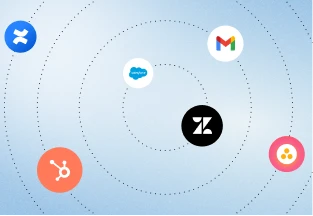
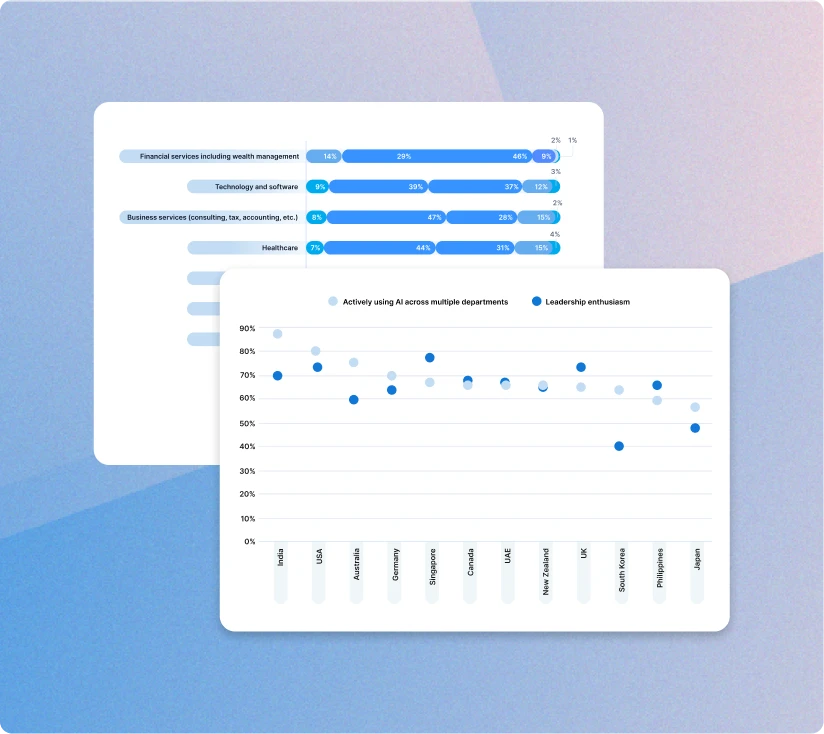


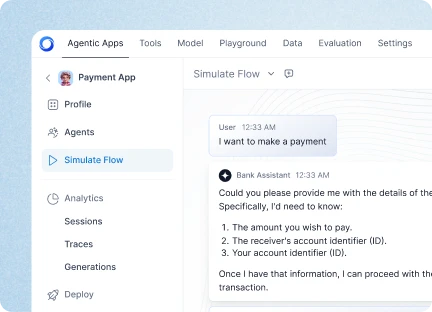


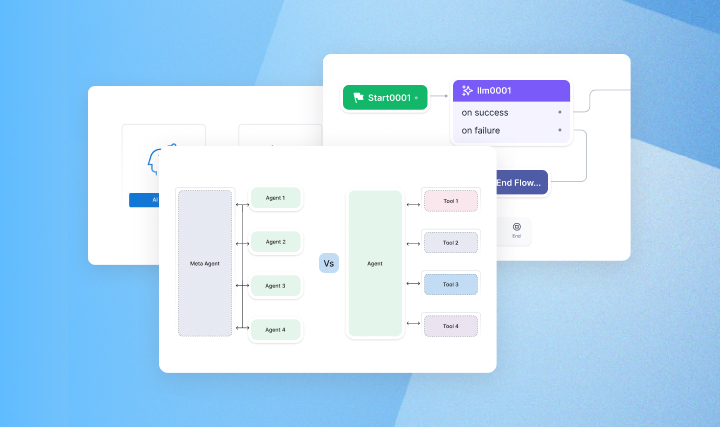

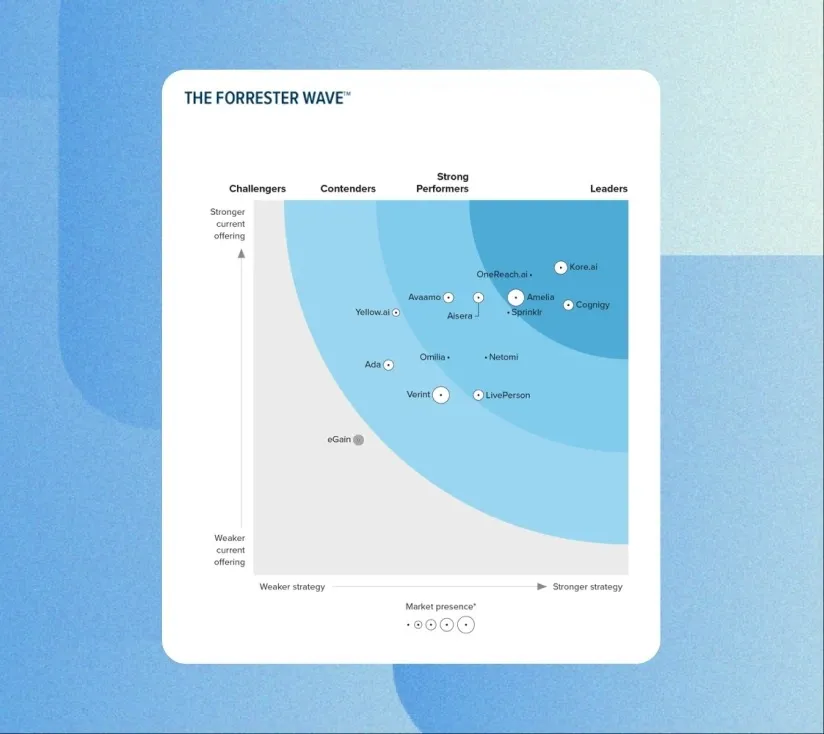


.webp)






